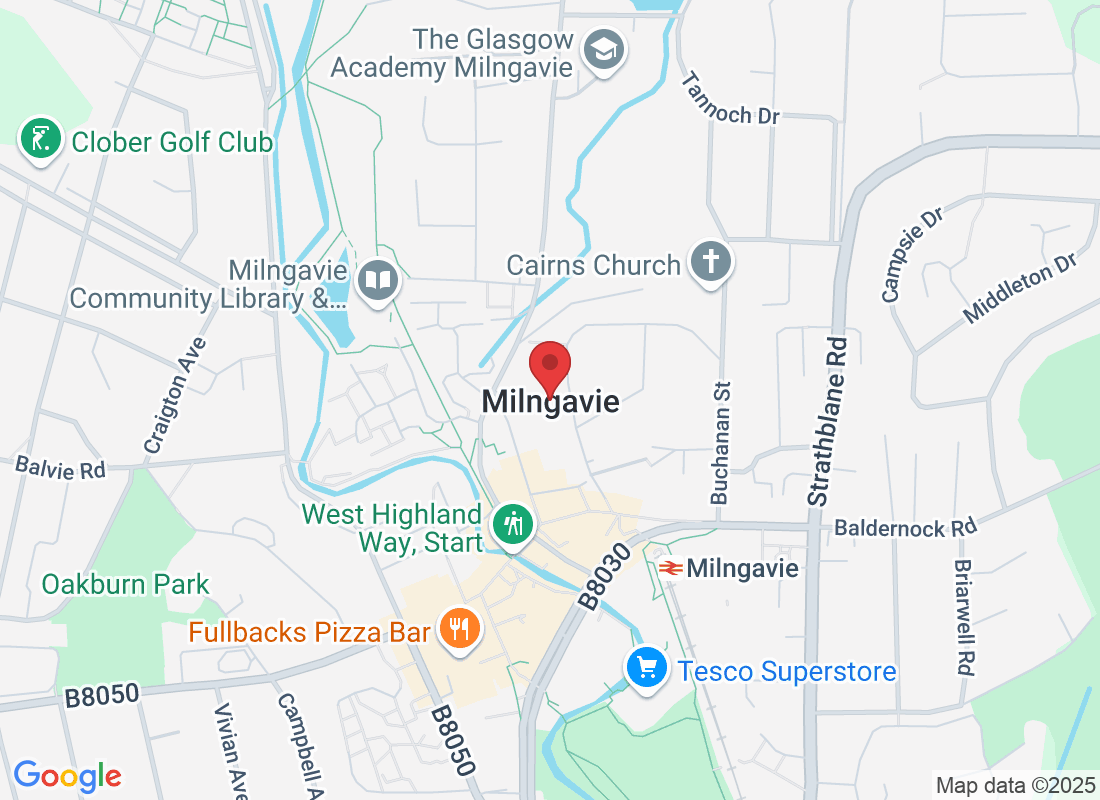
Parkinson’s and Swallowing Problems: What You Need to Know
Parkinson’s and Swallowing Problems: What You Need to Know
If you or a loved one has Parkinson’s disease, you may have noticed changes in how you eat or drink.
Maybe it takes longer to chew and swallow. Maybe thin liquids cause coughing. Or maybe your appetite is fine—but you’ve started to avoid meals due to fear of choking.
Swallowing problems (called dysphagia) are common in Parkinson’s. But they’re often missed or mistaken as “just part of getting older.”
Here’s what you need to know about how Parkinson’s affects swallowing—and how the right therapy can help keep mealtimes safe and enjoyable.
Why Does Parkinson’s Affect Swallowing?
Parkinson’s disease impacts how the brain sends signals to the muscles—including the ones that help you chew and swallow.
This can lead to:
Slower swallowing reflexes
Reduced tongue and throat muscle strength
Less coordination between breathing and swallowing
Delayed awareness that something is “stuck”
These changes may happen slowly, but over time they increase the risk of aspiration—when food or drink enters the lungs instead of the stomach.
Common Signs of Swallowing Difficulties in Parkinson’s
You may notice:
Coughing or choking when eating or drinking
A gurgly voice after meals
Frequent throat clearing
Food sticking in the throat or chest
Drooling or excess saliva
Weight loss or dehydration
Taking longer to finish meals
Avoidance of certain textures (dry, crumbly, or thin liquids)
These signs aren’t always talked about at routine check-ups—but they matter.
Why It’s Important to Get Help Early
Swallowing issues can lead to:
Aspiration pneumonia – a serious and sometimes life-threatening lung infection
Malnutrition – from not eating enough or avoiding favourite foods
Social withdrawal – avoiding meals with friends or family
Loss of confidence – feeling embarrassed or anxious at mealtimes
But here’s the good news: you don’t have to wait until things get serious. Support is available now.
How Speech Therapy Can Help
At Speech Therapy Glasgow, we provide swallowing therapy tailored for people with Parkinson’s.
Helen, a specialist speech and language therapist, uses a holistic approach to:
✅ Assess your swallowing safely
✅ Identify risks and triggers
✅ Teach safer swallowing strategies
✅ Strengthen the muscles involved in swallowing
✅ Help you stay confident and independent at mealtimes
Therapy is flexible—available at home, online, or in clinic—and can adapt as your needs change over time.
The Role of LSVT and Swallowing
If you’ve heard of LSVT (Lee Silverman Voice Treatment), you might know it’s used to improve voice and speech in Parkinson’s.
But it can also benefit swallowing.
LSVT strengthens the same muscles used for speech and swallow, helping you:
Project your voice more clearly
Swallow with more power and coordination
Feel more in control of eating and drinking
You’re Not Alone
Many people with Parkinson’s experience swallowing changes—but few are told what to watch for or where to get help.
If eating or drinking has become tiring, uncomfortable, or worrying—it’s time to speak up.
📞 Book a free discovery call today to see how speech and swallowing therapy could help you or your loved one stay safe, confident, and well-nourished.



